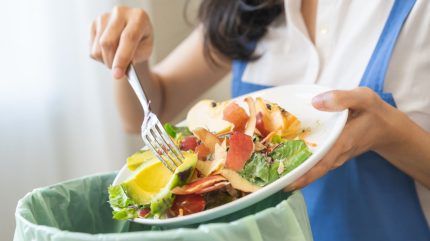
Japan Health Ministry has drafted new guidelines that are aimed at reducing food waste by allowing customers to take leftovers home from restaurants, provided they meet the country’s hygiene standards.
The move follows a study group convened by the Ministry of Health, Labor and Welfare, which held its inaugural meeting in July 2024.
The guidelines are part of a broader effort to halve food waste by 2030 compared to 2000 levels.
They apply to food establishments such as izakaya pubs and hotels with buffets, but exclude takeout-only venues and cafeterias in hospitals and schools.
Restaurants are encouraged to identify which food items are safe for take-home purposes and to provide guidance on how to handle and store them safely, or to offer suitable containers.
Heated foods reaching 75 degrees Celsius are deemed appropriate for take-home due to reduced microbial growth risk. However, taking some raw and semi-raw foods, along with drinks, is generally discouraged.

US Tariffs are shifting - will you react or anticipate?
Don’t let policy changes catch you off guard. Stay proactive with real-time data and expert analysis.
By GlobalDataThe guidelines also suggest providing customers with information on how to store and prepare leftovers safely, emphasising that they are ultimately responsible for the food once taken home, recommending hand sanitisation, disposable gloves and the use of dry containers.
Any incidents of food poisoning from restaurant leftovers should be reported to local public health centres.
A 2019 law targets a reduction of Japan’s food waste to 4.89 million metric tonnes by 2030, from the 9.8 million metric tonnes recorded in 2000.
The guidelines are set to be finalised by the end of March 2025, then implemented from April onwards.
In a recent development, UAE ne’ma (the United Arab Emirates National Food Loss and Waste Initiative) and Japan’s International Cooperation Center signed a memorandum of understanding, aligning with World Food Day’s “Right to foods for a better life and a better future” theme, as reported by ANI.



